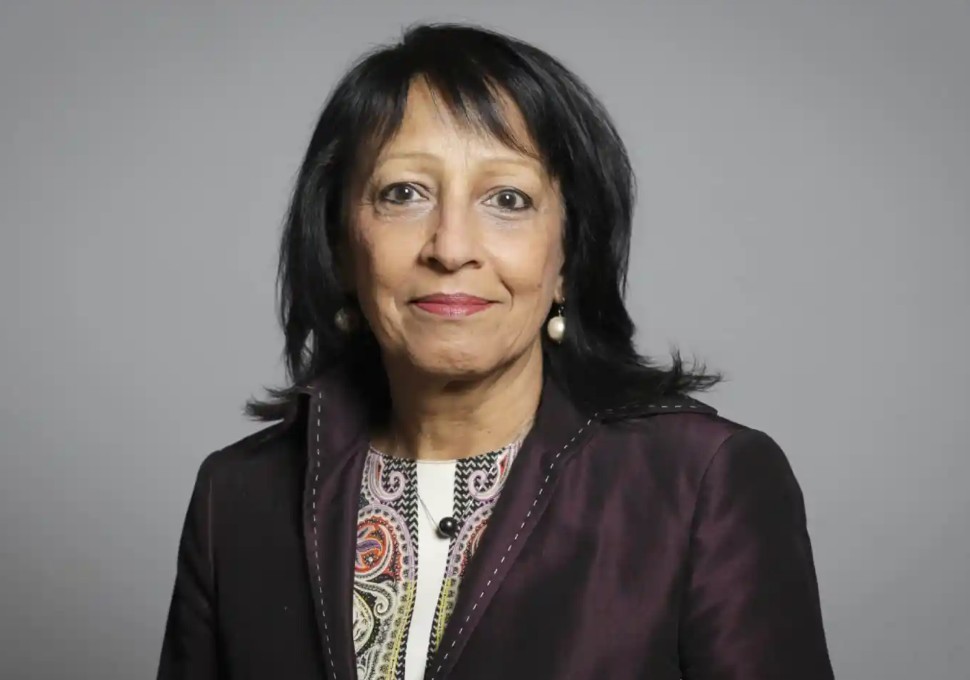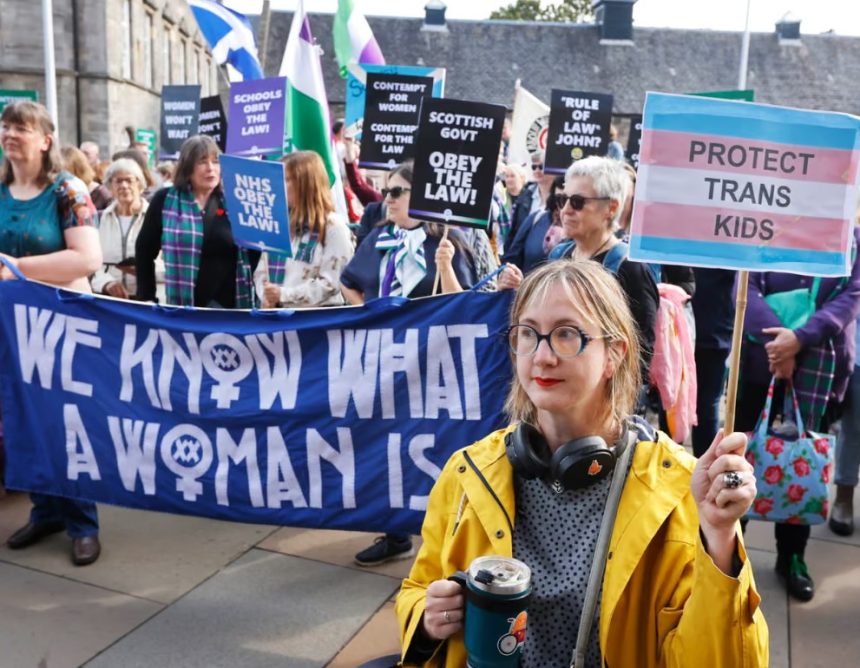UK Human Rights Watchdog Withdraws Controversial Trans Guidance
The Equality and Human Rights Commission (EHRC) has officially removed its interim guidance on single-sex services and transgender inclusion, a document that had sparked fierce criticism since its release in April.
The guidance, published just days after the Supreme Court ruled on the definition of ‘sex’ in the For Women Scotland vs Scottish Ministers case, had recommended that service providers could exclude trans men and women from facilities aligning with their gender.
In “some circumstances,” transgender individuals could also be barred based on “biological sex.”
It later emerged that these “circumstances” referred to situations where a “reasonable objection” could apply, such as in female spaces when “the gender reassignment process has given [a trans man] a masculine appearance or attributes.”
The interim guidance drew widespread condemnation. Trans advocacy groups, human rights organizations, and businesses argued it amounted to an effective “bathroom ban.” Legal action was launched against it by the Good Law Project.
As of Wednesday, 15 October, the EHRC removed the guidance from its website. Service providers are now being advised to “take specialist legal advice” while waiting for the updated Code of Practice to receive parliamentary approval.
Following the April release, the EHRC extended its consultation period on the Code of Practice from two to six weeks, responding to pressure from the Women and Equalities Committee and trans groups.
By September, the EHRC confirmed it had sent the finished Code to Equalities Minister Bridget Phillipson. A leak reported suggested the new guidance may closely resemble the interim version.
Jo Maugham, executive director of the Good Law Project, criticized the delay. “I’ve spent six months talking to trans people who are afraid to go out because of the climate of fear the EHRC’s interim guidance created,” Maugham said.
Tomorrow marks 6 months since the Supreme Court #FWS ruling. We’ve written to @bphillipsonMP asking govt to revoke the 2011 services code and lay our updated version to make it statutory. It accurately reflects law and updated guidance is urgently needed https://t.co/F4CO8hpE5h pic.twitter.com/EHsEBmvtZ3
— EHRC (@EHRC) October 15, 2025
“Some are suicidal, and I am aware of people who have sought to take their own lives. The EHRC has finally taken it down, and my question to them is: if the High Court finds the guidance unlawful, will you apologize to those whose lives you have so profoundly harmed?”
Jess O’Thomson, the organization’s trans rights lead, added: “Now the guidance has been withdrawn, so should the exclusionary policies that organizations rashly implemented in its aftermath. If not, they could find themselves in hot water.”
Following the removal, EHRC chair Baroness Kishwer Falkner wrote to Phillipson, urging the government to expedite approval of the new Code of Practice.

“It’s our mission to ensure people are treated fairly, consistent with the Equality Act. So, as Britain’s independent equality regulator, we must put accurate information on the law in the hands of those who need it.
Our previous services Code of Practice was first published in 2011. Since then, there have been significant changes in legislation and case law, with practical implications across the protected characteristics set out in the Equality Act.
The content in this version of the code currently in force is based on the EHRC’s previous misinterpretation of the Equality Act 2010.
The practical implications of this are that the 2011 code is now unlawful and will continue to be so until the minister makes an order to withdraw it.
We have been told by some organizations that they intend to continue using this now unlawful code until the revised code is published, therefore allowing practices inconsistent with the law to persist.”
Baroness Falkner continued: “It will help organizations the length and breadth of this country comply with the Equality Act.
We know that demand is there and that it increased significantly following the Supreme Court’s judgment on the definition of sex in April 2025.
The updated code ought to be brought into force as soon as possible. How quickly this happens is now in the government’s hands. We urge them to act at speed.
In the meantime, as we have said consistently since 16 April, duty-bearers must ensure that they comply with the law, seeking their own expert legal advice if necessary.”
The EHRC’s removal of the guidance marks a significant moment in UK equality law, as organizations await the finalized Code to ensure compliance with both the Equality Act and current human rights protections.






